Full Stack .Net developers have a grasp over various languages. They can quickly move from different development environments. Thus, these versatile professionals are in high demand. These people have a great mix of multiple abilities. Chief among them is problem-solving and technical proficiency. This is what lets them use the .NET application framework so effectively.
Let’s uncover the process of becoming a skilled .NET developer.
Who Is A Full Stack .NET Developer?
A Full Stack .NET developer has distinct expertise. The points below succinctly describe this professional.
- They have command over databases.
- They are also familiar with server configuration and user interface.
- The programmer knows all the techniques and languages.
How Is a Full Stack Developer Different from a Software Engineer
A Full Stack .NET developer is a master of the .NET framework. They have expertise in both front and back end. Software engineers only work with the front or back end. The front end contains visible app parts. The back end contains the related server-side business layer.
A Full Stack developer is a hybrid of front and back end. They have the skills to perform all phases of the development. Besides, they also have expertise in QA, business intelligence, and security.
What Do You Need to Become Skilled at Full Stack .NET Development?
To become skilled in this framework, you need several skills. These include:
Deep Familiarity with the .NET Web Application Framework
This framework has its own architecture. It has its libraries and tools. You must have a solid grasp of all these things.
Command Over Programming Languages
Every developer needs to know C#. But besides this, you also need to be proficient in other languages. These include TypeScript, JavaScript, and HTML/CSS.
Knowledge of Front-End and Back-End Development
Front and back-end development lay the foundation of your learning. So, learn JavaScript and HTML. Frameworks like Node.js and ASP.NET are other critical things to master. They help you create interactive user interfaces.
Database Management
Focus on being effective in database management. For this, work on creating database schemas. Write SQL queries. Working on systems like SQL Server is also beneficial.
Knowledge of Developing a Web API
Learn how to create RESTful APIs. Use tools like ASP.NET Web API for this purpose.
Mastery over Version Control Systems
Become skilled in using version control systems. Use Git to manage code repositories. It also helps with code security.
Expertise in Testing Approaches
Testing and debugging are critical for any app. Learn testing approaches. Use unit testing frameworks. All of this will help you develop better code.
Familiarity with Agile Development
The agile approach makes teamwork effective. It leads to iterative project delivery. You must familiarize yourself with Kanban and Scrum for this purpose.
Essential Technologies That Every Full Stack .NET Developer Must Know
Staying current is critical for Full Stack .NET developers. Knowing how to use the latest technologies is the right step. It will help you build competent apps. They will also help you gain an upper hand in the dynamic software development industry.
Here are the top ones you should be familiar with.
ASP.NET Core
ASP.NET Core is a trending framework for web apps on .NET. It allows runtime components, APIs, and compilers to grow quickly. Simultaneously, it offers a stable system so apps can work.
Microservices
Microservices let you arrange an app as a group of loosely coupled services. They are good for creating a unique form of modularization. It, in turn, increases client productivity.
Visual Studio 2022
Visual Studio is the IDE of choice. It offers a powerful code editor and supports various languages. The debugging feature is also quite useful. Visual Studio is highly versatile. You can use it for ASP .NET web apps, WPF, and more.
Visual Studio Code
Visual Studio Code is a lightweight, open-source code editor. It offers extensive extension support. Those like the C# extension improve development. It does so by offering support for .NET Core. It also integrates with Git. This makes it perfect for version control.
Entity Framework (EF)
EF simplifies database administration. The flexible framework supports many database providers. Chief among them are PostgreSQL and SQL Server. It also has many other features. These include migrations and LINQ support. They optimize data access codes.
ReSharper
ReSharper enhances productivity when working with C# code. It offers features like code creation and code analysis. You can use this tool for clear and maintainable code. Use it to improve your coding skills.
Git and GitHub Integration
In Dot NET development, version control is critical. Git is the tool of choice. It integrates with various .NET tools. GitHub has several collaboration features. It optimizes project workflows and debugging. Thus, it offers a good version management ecosystem.
Docker
Docker simplifies the management of .NET apps. It bundles apps into containers. The tool is reliable across various stages, from prototype to release. You can use it for .NET 5+ and .NET Core apps.
NuGet Package Manager
NuGet helps with managing app dependencies. Using it, you can update, remove, or add third-party libraries in your apps. There are various packages available. They streamline dependency management. Simultaneously, they ensure the security of your app.
Blazor
Blazor offers dual hosting models for the deployment of the server-side and browser. It can run C# directly in web browsers through WebAssembly. So, it lowers your reliance on JavaScript. The tool can adapt to SPA, desktop, or mobile apps. Its focus on reusable Web UI components improves code efficiency. Blazor is perfect for creating various apps using .NET. This is because it keeps evolving with .NET MAUI and .NET 6.
Becoming a Skilled .NET Developer
A Full Stack .NET developer is a skilled professional. Companies globally depend on them for efficient and secure apps. However, to become one, you must have a drive to learn the framework well. Remember, the role also comes with many responsibilities. So, you must know the .NET infrastructure deeply. Staying updated with industry trends will help you achieve a competitive edge.

